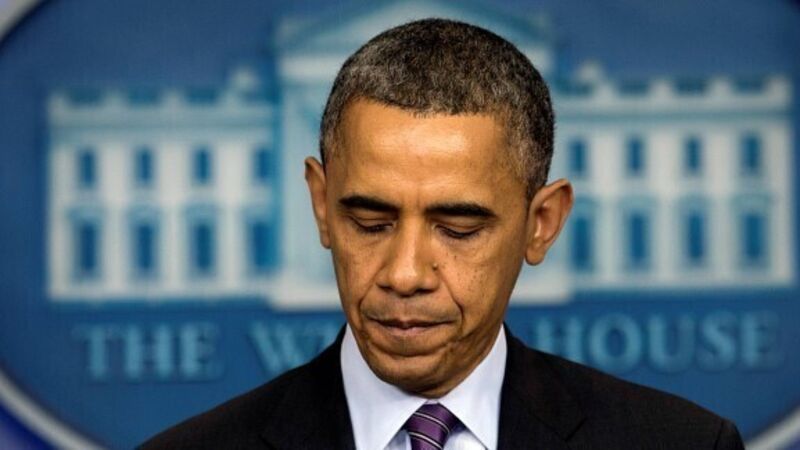Brussels Briefing

As usual, the EU is having problems sticking to its principles on foreign leaders. A press conference with US president Barack Obama and two EU presidents took place last week only after much negotiations — and was limited to two questions.














